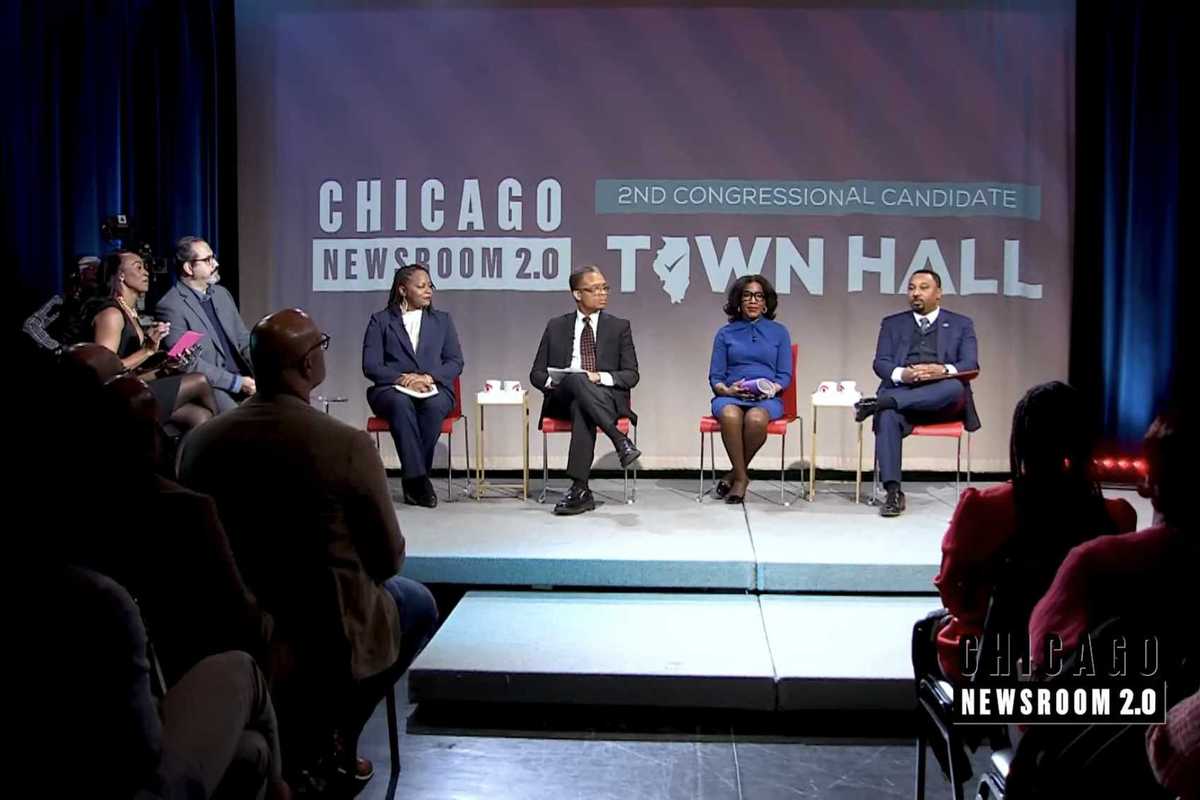Goldstone’s most recent book is "On Account of Race: The Supreme Court, White Supremacy, and the Ravaging of African American Voting Rights."
The leadership of the Texas Republican Party recently proposed a remarkable and bizarre platform, even by today’s whacky standards, which, among other pithy items, denied the legitimacy of Joe Biden’s victory, evoked God in almost every sentence, demanded repeal of the Voting Rights Act, upheld the unalienable rights of the “preborn” — a euphemism reminiscent of calling used cars “pre-sold” — and asserted the right of Texans to leave the Union.
“Texas retains the right to secede from the United States, and the Texas Legislature should be called upon to pass a referendum consistent thereto,” the platform stated, and asked for a ballot initiative in 2023 “for the people of Texas to determine whether or not the State of Texas should reassert its status as an independent nation.”
Without going into whether the United States would be better or worse off without the Lone Star State, the party also included a corollary in case God fearing, freedom loving Texans were forced to further endure co-existing with the radical atheists who populate Sodom and Gomorrah … that is to say, California and New York. They propose that any law passed by the federal government with which they do not agree “should be ignored, opposed, refused, and nullified.”
For example, they insist “all gun control is a violation of the Second Amendment and our God given rights.” Although they have yet to produce a poster with God toting an AR-15, there is one of a Rambo-esque Donald Trump in a similar pose, the next best thing. In other words, since the federal government has lost it constitutional legitimacy by being taken over by radicals who would annul such treasured guarantees as owning military-grade hardware and forcing transgender teens to use their biological bathrooms, citizens have the right to simply ignore whatever they deem in conflict with their interpretation of the U.S. Constitution.
Hmmm. Texas might be on to something here.
Legitimacy does matter, especially in a nation whose Declaration of Independence unequivocally states, “Governments are instituted among Men, deriving their just powers from the consent of the governed.” Whether or not that statement implies “a majority” of the governed is uncertain since almost all of the Founders favored restricting voting privileges to property holders. Still, “consent of the governed” has been a guiding principle in every civil rights movement from women’s suffrage to equal seating on public buses to protesting the war in Vietnam.
In each of those, proponents refused to follow what they considered unjust and illegitimate laws or government dictates. In many cases, the laws were eventually changed or the rules rescinded, but nonetheless civil disobedience is always a risk, and should be an act of conscience.
Acts of conscience are desperately needed now. Currently, the Supreme Court, nine men and women who never face the electorate and serve for life, has used its power of nullification, what is commonly referred to as “judicial review,” to grab the nation by the scruff of the neck and send it the very direction Texas Republicans favor. They have used their position and that power to dole out rights to those with whom they agree and deny them to those with whom they do not. The phrase etched over the entrance to the Supreme Court building, “Equal Justice Under Law,” is seen by many to have lost its meaning, which is why the court currently enjoys its lowest approval rating since polling began.
But the bludgeon the court has employed, judicial review, is not granted to the courts in Article III, nor does it appear anywhere else in the Constitution, but rather was claimed for the court in Chief Justice John Marshall’s opinion in Marbury v. Madison in 1803. Proponents have insisted that the delegates to the Constitutional Convention need not have included a specific clause because judicial review is an obvious function of the courts and was so understood by those who drafted the document. They are likely wrong. There is a good bit of evidence in the constitutional debates that the delegates, committed to a separation of powers, would never have granted such a devastating weapon to the one branch of government against which “the people” had no recourse.
Regardless of whether or not judicial review is a legitimate power of the Supreme Court, it will lose that legitimacy if it is abused, and abused it has been. The question then becomes, as it is for Texas Republicans, what can ordinary citizens — or even state governments — do about it? As Texans have suggested, Supreme Court decisions that violate constitutional guarantees can be “ignored, opposed, refused, and nullified.”
President Andrew Jackson once supposedly said after Marshall issued a decision in a land dispute that Jackson didn’t care for, “John Marshall has made his decision; now let him enforce it.” Although the quote is likely apocryphal, the sentiment is apt. State governments that do not wish to see the right to a safe, legal abortion denied might well allow abortion clinics to operate regardless of what the court rules, and even use state law enforcement personnel to protect them. States that do not wish to allow armed citizens to wander the streets brandishing their weaponry might seize those weapons or even arrest the offenders.
While those decisions might run afoul of the federal government and even cause a constitutional crisis, they may just as easily be the catalyst of change, and limit the power of a Supreme Court that is much more a creation of Mitch McConnell than the Framers of the Constitution.
If that happens, we should all thank Texas Republicans for showing the way.




















